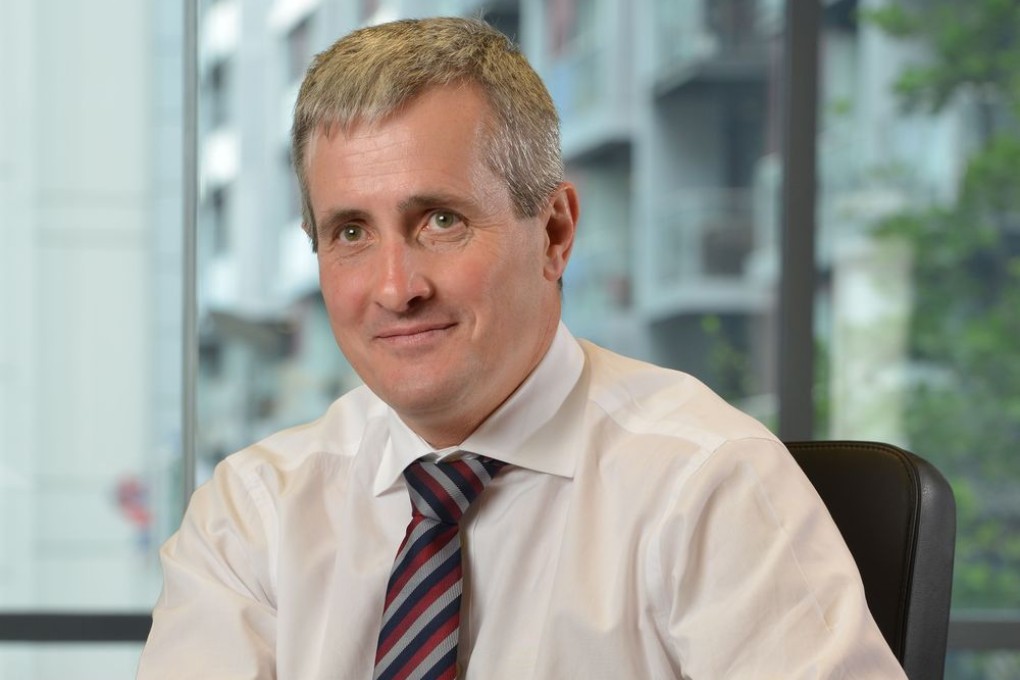Berkeley Group builds exceptional homes in the finest places
Building about 15 per cent of London's homes in the past five years has cemented the position of the Berkeley Group as Britain's leading property developer. More importantly, it has reinforced the group's stance as a pioneer in all aspects of sustainability - social, economic and environmental.

Building about 15 per cent of London's homes in the past five years has cemented the position of the Berkeley Group as Britain's leading property developer. More importantly, it has reinforced the group's stance as a pioneer in all aspects of sustainability - social, economic and environmental.
"We try to infuse individuality and sustainability into the communities we build," says Rob Perrins, managing director. "We do not have a standalone sustainability strategy. It is integrated into a framework for the business called Vision2020, focused on our operations, homes, places and customers. That is how we have sought to become one of Britain's most successful companies."
Berkeley has been the country's most sustainable housebuilder for the past eight years. It was voted the Most Admired Company across all industries in 2011, and Housebuilder of the Year from 2010 to 2012. It also established the Berkeley Foundation in 2011 to help address issues such as homelessness and care for people with disabilities. The foundation focuses on young people and their communities across London and the south of England, and has since committed more than HK$64.58 million to more than 60 charities.
An FTSE 250 company listed on the London Stock Exchange, the Berkeley Group is composed of four autonomous brands: St George,
St James, Berkeley and St Edward. About 96 per cent of Berkeley's projects are brownfield developments, bringing back to life redundant spaces such as office blocks and car parks.
Over the years, Asia has become a key market - accounting for 10 to 12 per cent of Berkeley's sales. Education is among the biggest draws to London, where a growing number of Asian students and their parents choose to study, visit and live. Asian businesses looking to expand in Europe with a base in Britain's capital have also increased over the years, and even global investors targeting rental returns.
"Asia has been an important market since the early 1990s when we began actively marketing in Singapore and Hong Kong," Perrins says. "We believe Asian clients have an important part to play as purchasers and investors in regeneration sites and new-build homes, as wealth and interest grow from that part of the world."
